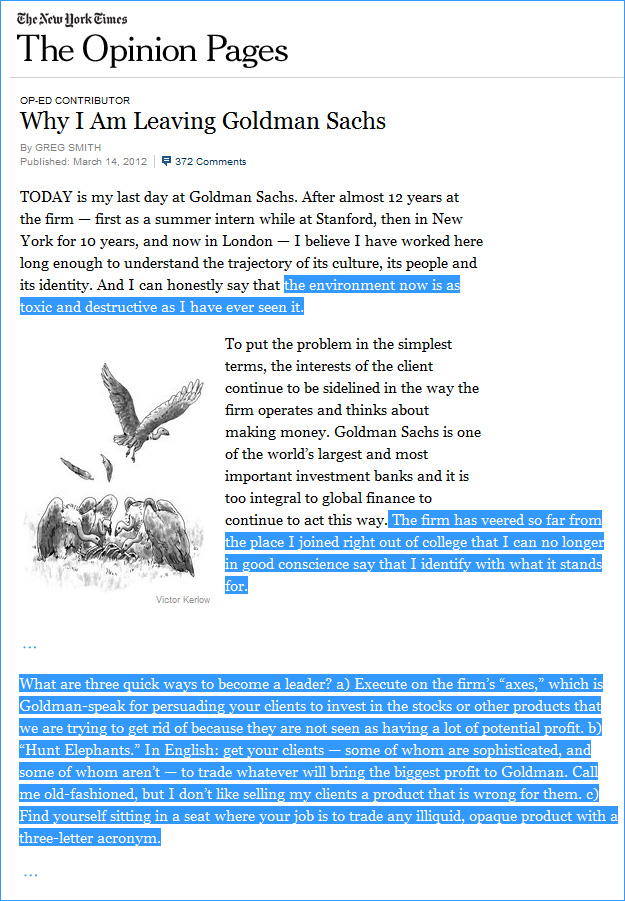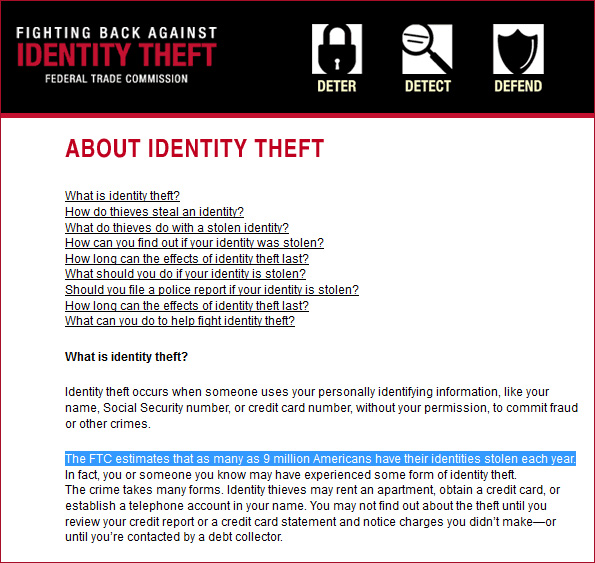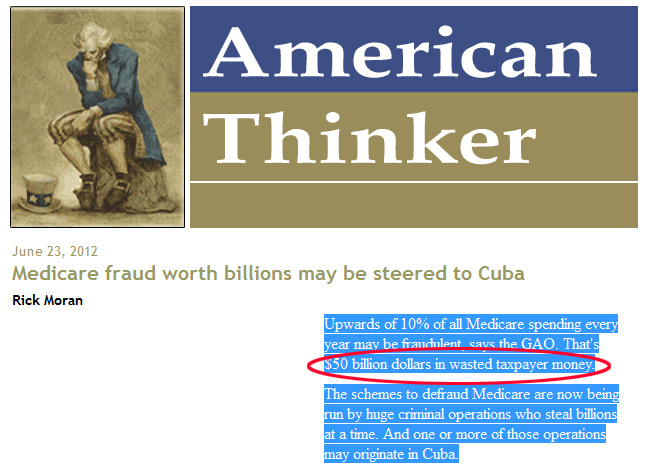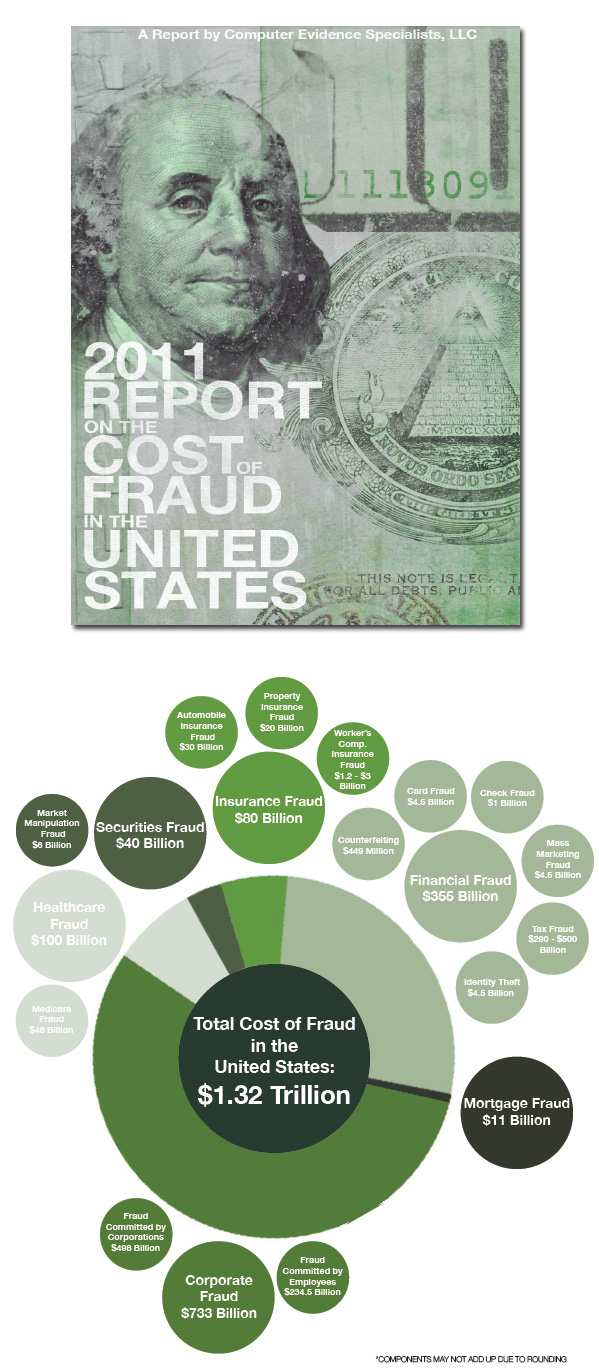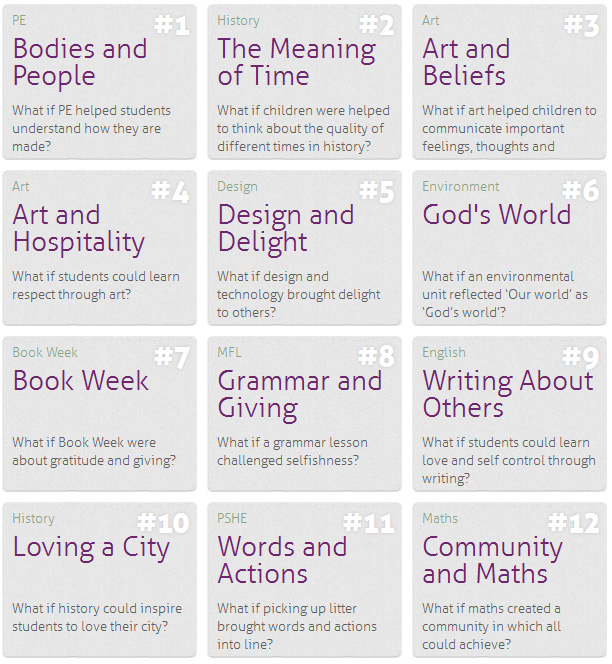The Service Patch — from The New York Times, OP-ED piece by David Brooks
Let’s put it differently. Many people today find it easy to use the vocabulary of entrepreneurialism, whether they are in business or social entrepreneurs. This is a utilitarian vocabulary. How can I serve the greatest number? How can I most productively apply my talents to the problems of the world? It’s about resource allocation.
People are less good at using the vocabulary of moral evaluation, which is less about what sort of career path you choose than what sort of person you are.
In whatever field you go into, you will face greed, frustration and failure. You may find your life challenged by depression, alcoholism, infidelity, your own stupidity and self-indulgence. So how should you structure your soul to prepare for this? Simply working at Amnesty International instead of McKinsey is not necessarily going to help you with these primal character tests.
Furthermore, how do you achieve excellence? Around what ultimate purpose should your life revolve? Are you capable of heroic self-sacrifice or is life just a series of achievement hoops? These, too, are not analytic questions about what to do. They require literary distinctions and moral evaluations.
When I read the Stanford discussion thread, I saw young people with deep moral yearnings. But they tended to convert moral questions into resource allocation questions; questions about how to be into questions about what to do.
Also see:
Excerpt:
If you’re in college, or happen to be about to graduate, and you’ve been mocked for getting a liberal arts degree, here’s a piece of welcome news: You’re actually in more demand than those who are getting finance and accounting degrees. That’s one of the findings of a new survey of 225 employers issued today by Millennial Branding and Experience Inc.
From DSC:
My thanks to Mr. Will Katerberg, Dir. Mellema Program and Professor of History at Calvin College, for these resources











